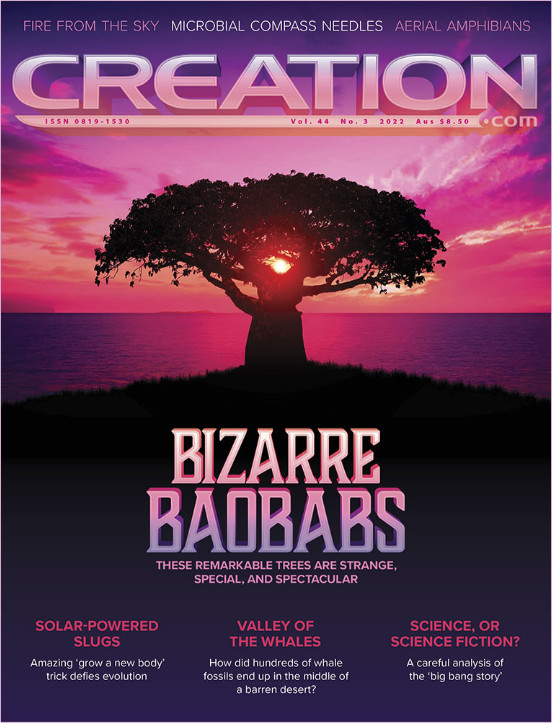AI inventor

Can Artificial Intelligence (AI) invent something, and if so, is it legally recognized? Apparently so, depending on the country. In South Africa an AI system called DABUS (Device for the Autonomous Bootstrapping of Unified Sentience) was listed on a patent—a first—as the named inventor of a new type of food container. The owner of the patent is Stephen L. Thaler, who created DABUS.
Important criteria for something to be patentable are: It is new, not obvious, and useful. There is little doubt that people can use AI to invent things which meet these criteria.
The lawyer involved in this case, Ryan Abbott, says that to establish who (or what) truly invented something, certain questions would be asked. If the inventor is AI, then its computer code would be inspected, and the programmers of the code would be involved in the process.
Everything comes from God. God created people and imbued them with creativity. People made computers and learned over time how to program a degree of creativity into their programs. So, computers can combine things, and can come up with new concepts/better designs.
The comments by Neil Sharkey, Professor of Artificial Intelligence and Robotics at the University of Sheffield, apply today just as much as when he made them in 2010: “It is the person who designs the algorithms and programs the machine who is intelligent, not the machine itself” (see creation.com/robots-not-intelligent).
- Pretz, K., A First: AI system named inventor, ieee.org, 18 Jan 2022.


Readers’ comments
Comments are automatically closed 14 days after publication.